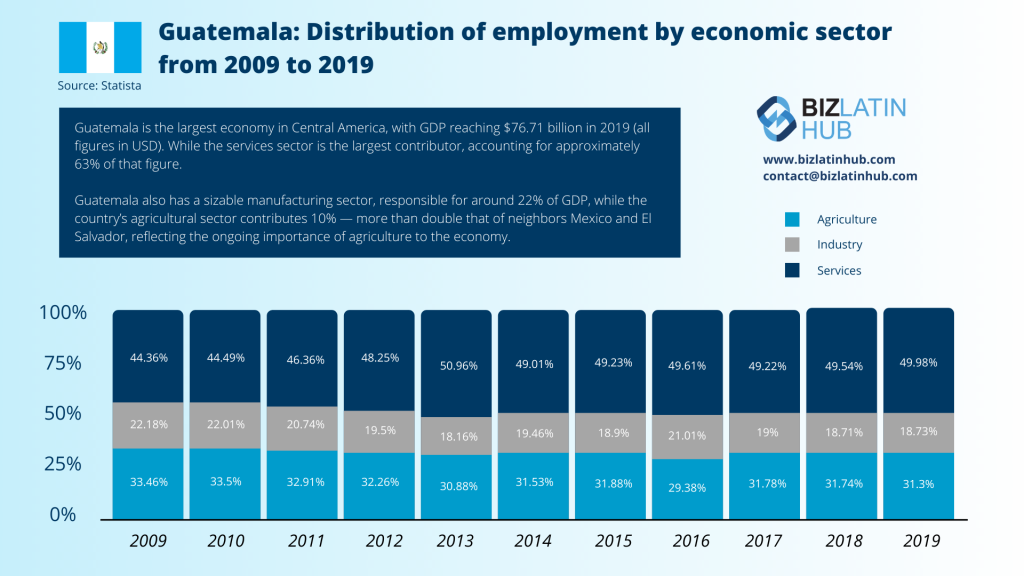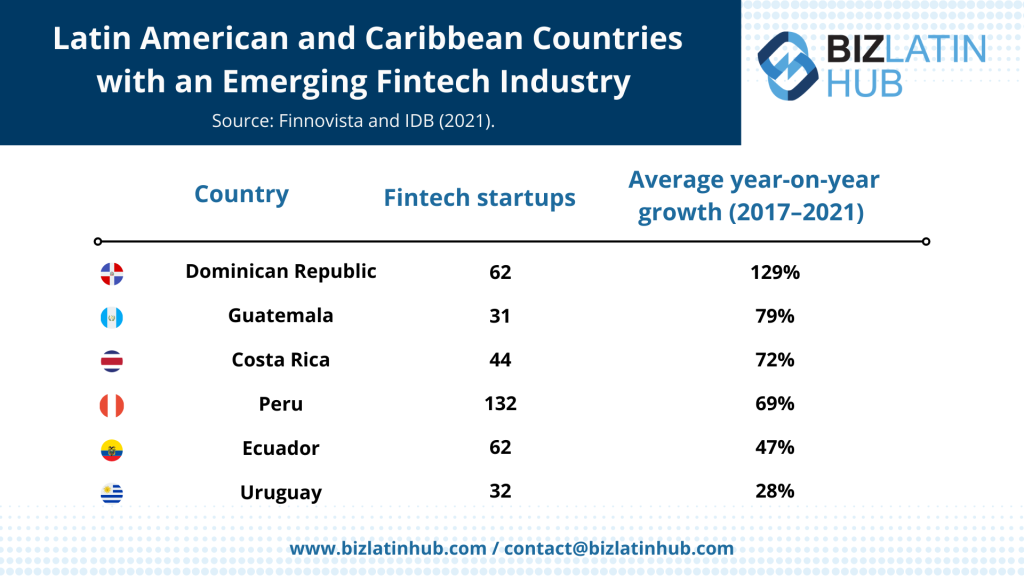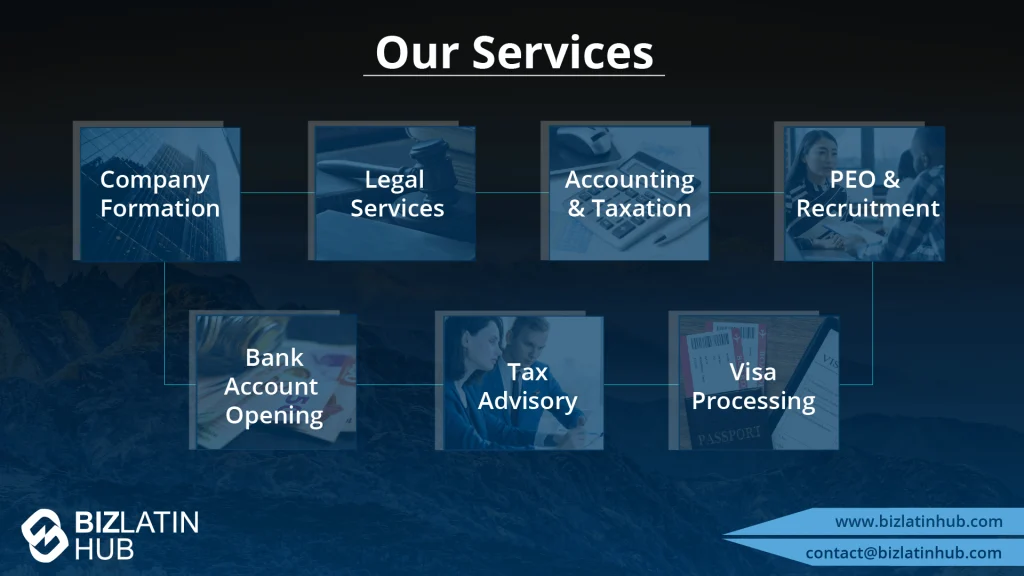On August 20, Guatemalans will vote in the run-off election to select their next president. The election campaign has been highly scrutinized and has been fraught with controversy.
Voters will decide between Congressman Bernardo Arevalo, representing the progressive Seed Movement, and Sandra Torres, a former first lady affiliated with the conservative National Unity of Hope (UNE) party.
The presidential elections in Guatemala have been marked by tensions, raising concerns about the democratic process in the country.
Surprisingly, Arevalo emerged as one of the two victors in the initial round of voting on June 25. However, this outcome triggered a backlash within the political establishment.
Opposing political factions demanded a thorough review of the voting results. Even when this review confirmed the original outcomes, the public prosecutor’s office attempted to suspend Arevalo’s party. In their argument, they alleged that the signatures used to establish the Seed Movement were fraudulent.
Guatemala’s Constitutional Court overturned the suspension of the party, ruling it violated electoral laws.
In this article, we will examine the latest news from the presidential elections in Guatemala and how it affects the economy.
See also: company formation Guatemala

How Does Voting Work in Guatemala?
9.2 million Guatemalan citizens can vote for the next president, vice president, and 160 representatives for the Guatemalan Congress.
In addition, numerous local positions are available for contention, along with 20 seats within the Central American Parliament. The threshold to win the presidential election in Guatemala in the first round of voting is 50% and no candidate attained this amount of votes.
Following the first round of voting, Sandra Torres received 15% and Bernado Arevalo received 12%.
Torres and Arevalo will face off in the run-off vote scheduled for Sunday, August 20, 2023.
What is the Political Status of Guatemala?
After facing setbacks in combating corruption and impunity, the election outcomes unequivocally indicate Guatemalans’ disapproval of the existing political framework. The question remains whether a contender like Arévalo could rejuvenate democratic principles and advocate for human rights.
Notably, the Movimiento Semilla party has no historical links to deeply entrenched political networks associated with corruption, organized crime, or the marginalization of Indigenous populations.
There have been several attacks on Guatemala’s democracy and safeguards during the election campaign, according to rights advocates. This decline comes four years after the expulsion of a United Nations-backed anti-corruption agency, known as CICIG, from Guatemala.
Since 2021, over thirty individuals, including judges, investigators, journalists, and prosecutors engaged in anti-corruption efforts, have been compelled to leave the country. Several others have been charged with crimes and imprisoned.
How will the Presidential Elections in Guatemala Affect the Economy?
The Guatemalan people are battling a high cost of living, job scarcity, corruption, and security problems.
Since the onset of the COVID-19 pandemic, Guatemala has experienced a notable surge in living expenses, with inflation remaining over 4 percent throughout 2023. The country has also witnessed a rise in homicides and violent crimes in the months leading up to the elections.
To address the escalating crime rates, the top presidential candidates have proposed implementing strategies akin to those pursued by Salvadoran President Nayib Bukele. Bukele’s administration has apprehended tens of thousands of suspected gang members in a campaign that has gained extensive public backing but has also prompted concerns regarding significant human rights violations.
Presidential candidate Sandra Torres proposed the idea of enacting laws to position Guatemala as an attractive near-shoring destination. This involves relocating business activities to countries near significant markets, such as the United States. Torres believes that near-shoring could boost job opportunities and attract foreign investment to Guatemala.
While her rival Bernado Arevalo suggested introducing laws to dismantle monopolies within the telecommunication and pharmaceutical sectors to encourage increased competition. He has also committed to reducing electricity expenses, reinforcing consumer safeguards, and enhancing employment training initiatives.

How Guatemala’s Economy Stands Today
The presidential elections in Guatemala will have a significant effect on the local economy. In May, the Leading Economic Index increased by 3.27% from the same month in the previous year.
Guatemala’s inflation rate is slowly decreasing and was at 4.53% in July 2023, its lowest level since March 2022. Its exports continue to yo-yo back and forth, from a booming level in March to a major decrease in April this year.
The possibility of disputed presidential elections in Guatemala might result in protests and extended political instability. Such a scenario could significantly impact the Guatemalan business environment and dampen foreign investor interest.
Biz Latin Hub Can Support Your Business in Guatemala
At Biz Latin Hub, we have a dedicated team of experts ready to deliver custom solutions that address your specific business requirements in Guatemala.
With our extensive legal, accounting, and back-office services, we serve as your primary point of contact, streamlining and expediting your entry into the Guatemalan market.
Talk to our team of local experts today about business opportunities in Guatemala, company formation, and how to best enter this LATAM market.
If you found this article about the presidential elections in Guatemala interesting, explore the rest of our coverage of the region. Additionally, you can learn more about our team and expert authors here.






